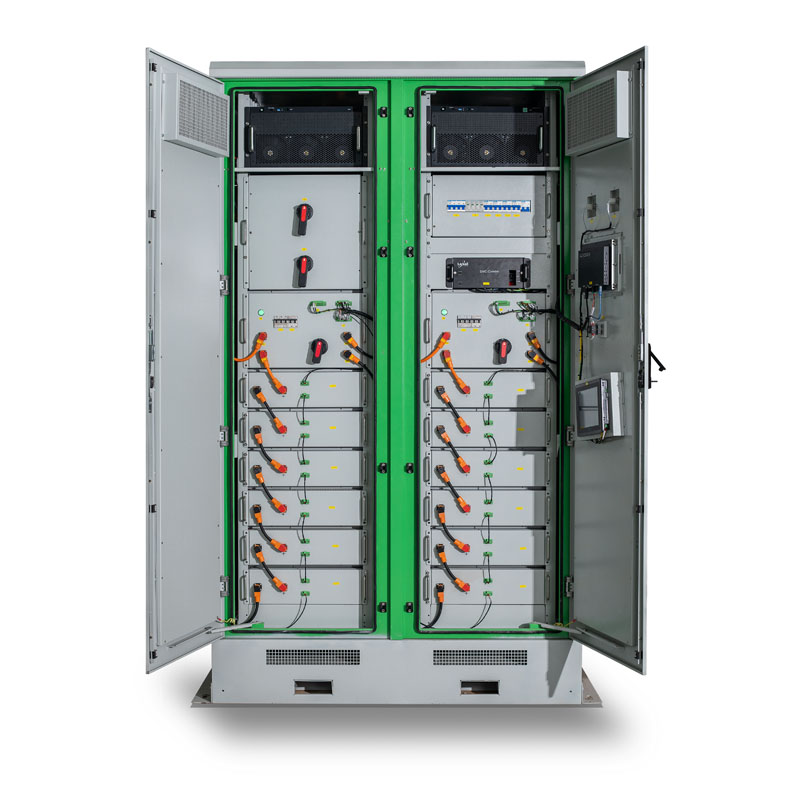
Nov . 11, 2024 04:19 Back to list
Innovative Storage Solutions for Enhanced Distributed Energy Management Systems
Exploring Distributed Energy Storage Solutions Products and Their Benefits
In recent years, the global focus on sustainability and renewable energy has led to significant advancements in distributed energy storage solutions (DESS). These solutions play a crucial role in the transition to a more decentralized energy infrastructure, allowing for greater flexibility, reliability, and efficiency in energy consumption. This article explores various products within the realm of distributed energy storage solutions, their applications, and the benefits they offer both consumers and the environment.
What is Distributed Energy Storage?
Distributed energy storage refers to systems that store energy close to where it is consumed, rather than relying solely on large, centralized power plants. This approach often involves using batteries or other storage technologies to manage energy supply and demand effectively. DESS has a variety of applications, including residential energy storage, commercial energy solutions, and integration with renewable energy sources like solar and wind.
Key Products in Distributed Energy Storage Solutions
1. Lithium-Ion Batteries The most common type of DESS product, lithium-ion batteries, are widely used for residential energy storage systems. They are known for their high energy density, efficiency, and long life span. These batteries can store excess energy generated from solar panels during the day and provide power during peak demand hours or when energy prices are higher.
2. Flow Batteries Flow batteries, which use liquid electrolytes to store energy, offer unique advantages in terms of scalability and longevity. They are particularly suitable for commercial and industrial applications where larger storage capacities are required. These batteries can be charged and discharged simultaneously, making them ideal for grid stabilization and renewable integration.
3. Advanced Lead-Acid Batteries Although traditional lead-acid batteries are often criticized for their limited life span and energy density, advanced lead-acid technologies have improved significantly in efficiency and longevity. These systems are often more cost-effective for certain applications and can be deployed in various settings, from homes to large commercial facilities.
4. Flywheel Energy Storage Flywheels use kinetic energy to store and release power quickly, making them perfect for frequency regulation and grid balancing. While they generally have a shorter storage duration compared to batteries, their ability to charge and discharge rapidly makes them a valuable tool in managing energy loads in real-time.
distributed energy storage solutions products

5. Hybrid Storage Systems Hybrid systems combine different storage technologies, such as batteries and supercapacitors, to leverage the strengths of each. This approach can optimize energy management, providing both short-term bursts of power and long-term energy storage, thereby enhancing overall system efficiency.
Benefits of Distributed Energy Storage Solutions
1. Increased Energy Independence DESS empowers individuals and businesses to generate, store, and utilize their energy, reducing reliance on centralized power grids. This independence becomes especially vital during power outages or emergencies, allowing users to maintain access to electricity.
2. Cost Savings Through demand charge management and time-of-use energy pricing, DESS can help consumers save on energy bills. By storing energy when prices are low and using it during peak rates, users can significantly lower their electricity costs.
3. Grid Stability and Resilience Distributed energy storage can enhance the resilience of the energy grid by providing backup power and reducing the strain during peak loads. This stabilizing effect aids in preventing outages and reduces the need for expensive peaker plants.
4. Integration with Renewable Energy One of the most significant advantages of DESS is its ability to facilitate the integration of renewable energy sources. Storage solutions allow for better management of intermittent sources like solar and wind, ensuring a more reliable and consistent energy supply.
5. Environmental Benefits By promoting energy efficiency and the use of renewables, distributed energy storage solutions contribute to reducing greenhouse gas emissions. This transition supports global efforts to combat climate change and move towards a sustainable energy future.
Conclusion
As the world moves towards a more distributed energy paradigm, the significance of energy storage solutions cannot be overstated. With a growing range of products designed to meet various energy needs, DESS offers exciting possibilities for consumers, businesses, and the environment alike. By embracing these innovative technologies, we can create a more resilient, efficient, and sustainable energy landscape for future generations.
-
Advanced AI Energy Management with GPT-4 Turbo
NewsAug.02,2025
-
AI-Powered EMS with GPT-4-Turbo | Efficiency Boost
NewsAug.01,2025
-
Optimized Storage System for GPT-4-Turbo | High Performance
NewsJul.31,2025
-
AI Energy Management System w/ GPT-4 Turbo Efficiency
NewsJul.31,2025
-
High-Performance Energy Storage System for Reliable Power Solutions
NewsJul.30,2025
-
Advanced EMS Solutions for Energy Management System & Storage Battery Companies
NewsJul.29,2025























